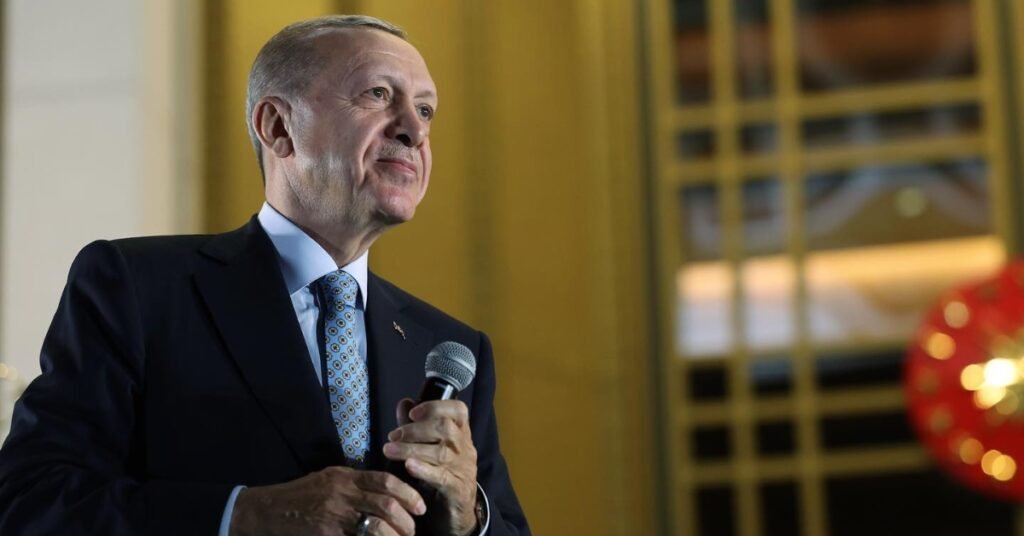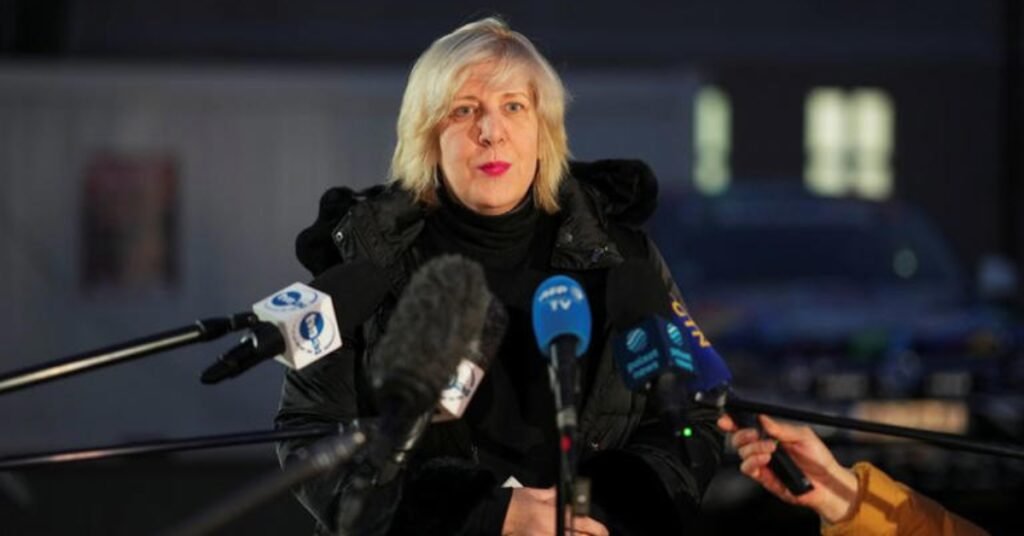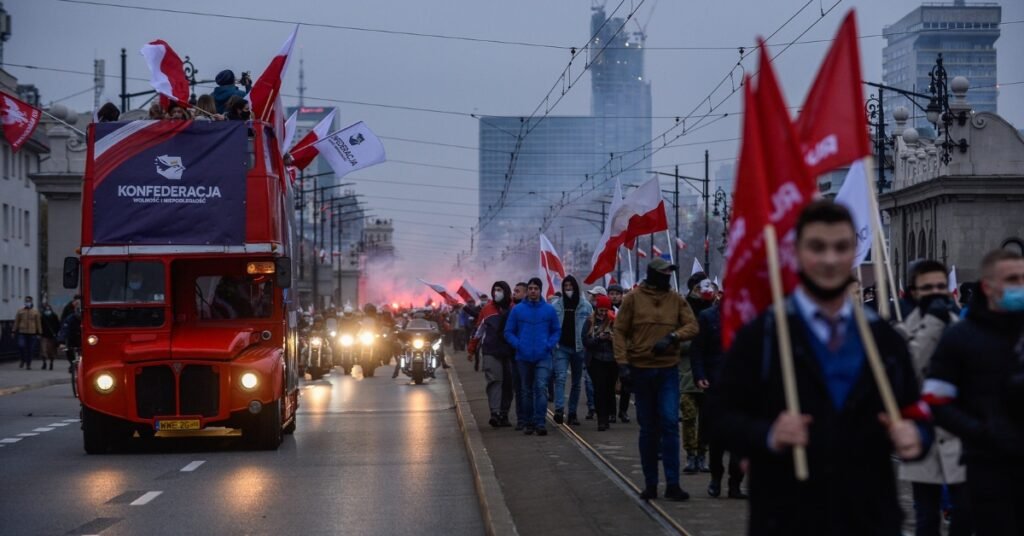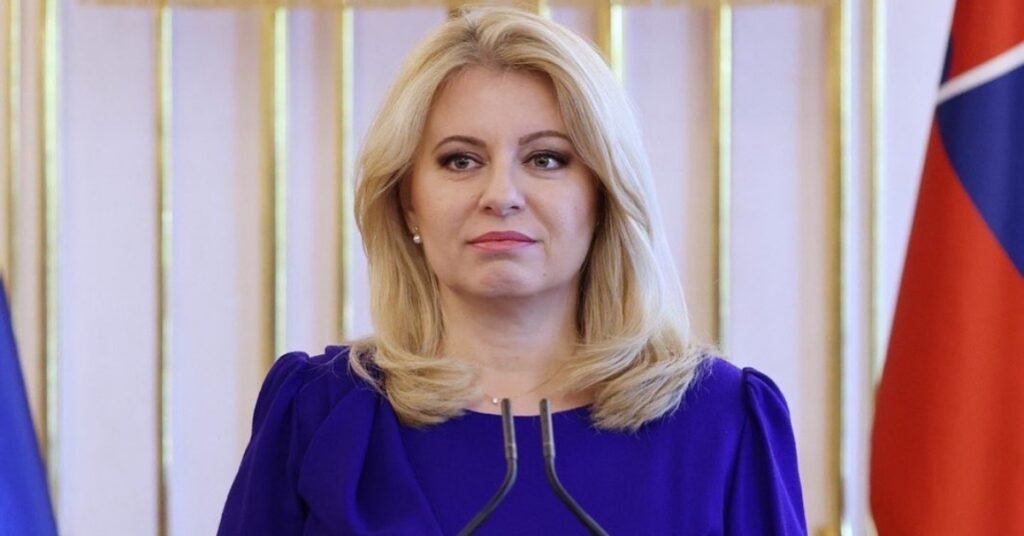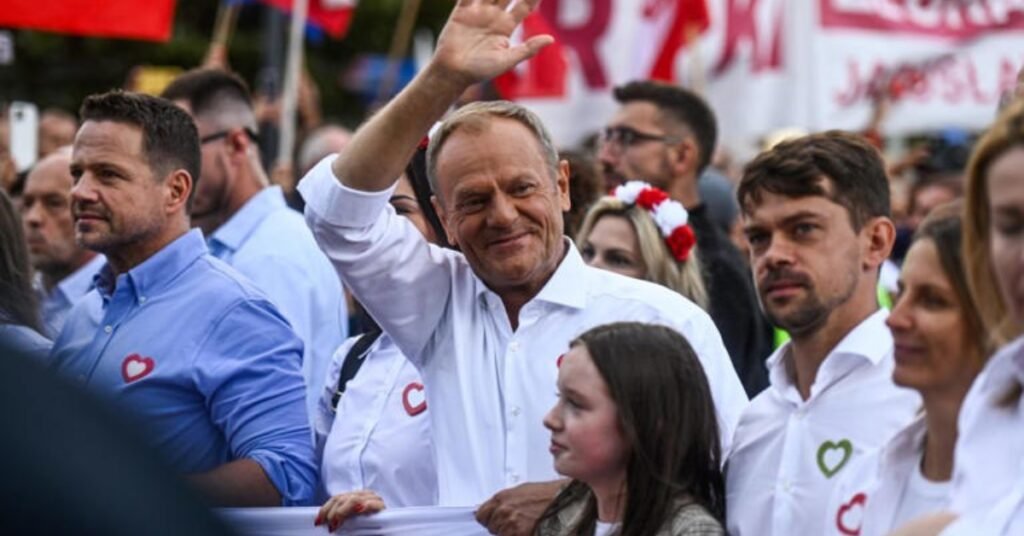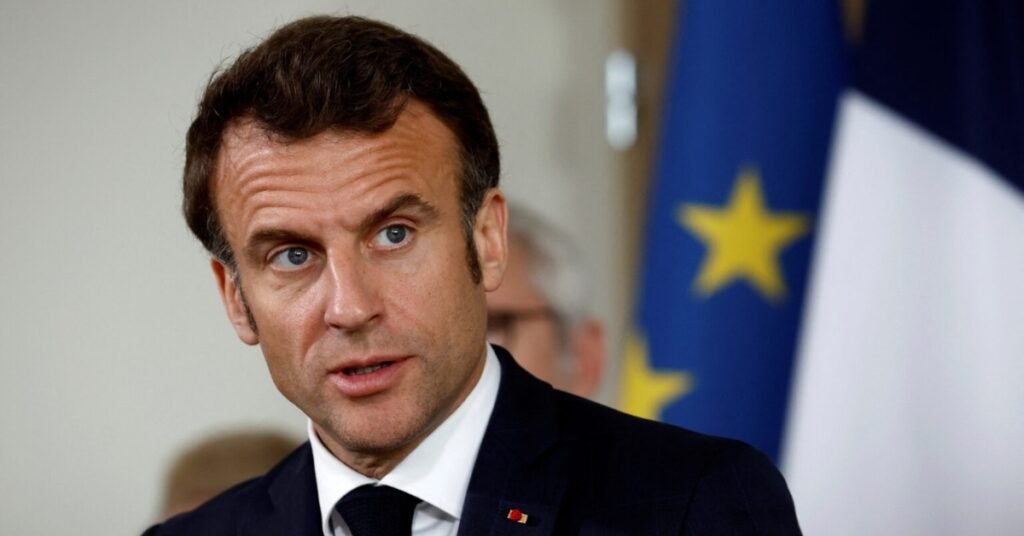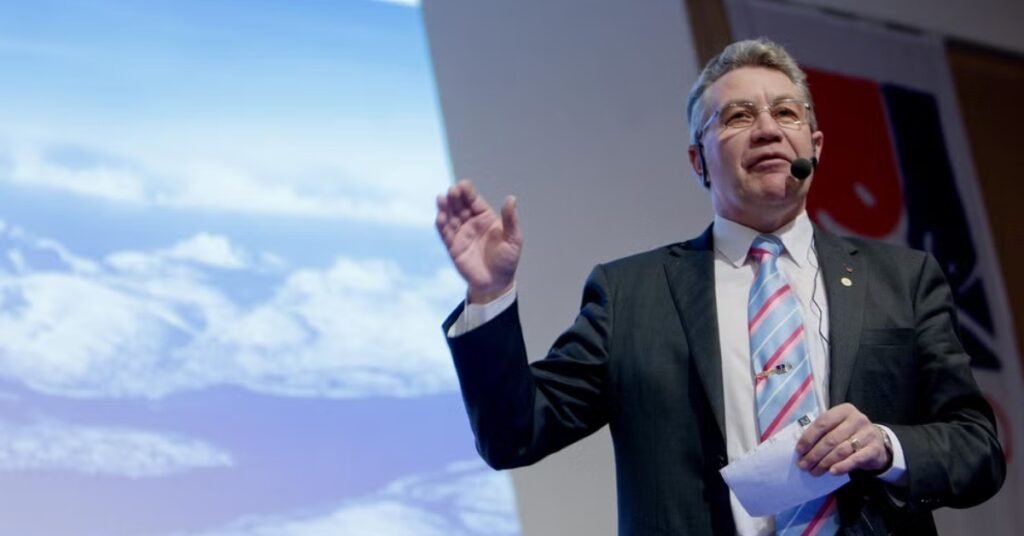International observers from the Organization for Security and Co-operation in Europe (OSCE) have expressed concerns about media bias and restrictions on freedom of expression, which they believe created an uneven playing field and provided an unfair advantage to the incumbent during Turkey’s recent elections.
On Monday, the OSCE stated that although the first round on May 14th and the run-off on May 28th were free, they needed to be more fair.
During a news conference in Ankara, OSCE Special Coordinator, Farah Karimi, pointed out that despite offering voters a choice between genuine political alternatives, the run-off election was marred by biased media coverage and a lack of a level playing field, ultimately favoring the incumbent.
According to Reporters Without Borders, approximately 90% of Turkey’s media is under government control or influenced by its supporters.
This dominance ensures significant airtime for President Recep Tayyip Erdogan, who secured re-election on Sunday.
Only a few opposition newspapers remain in print, most transitioning to online-only editions.
Opposition members of the broadcasting watchdog revealed that Erdogan received nearly 33 hours of airtime on the main state-run TV station.
At the same time, his presidential opponent, Kemal Kilicdaroglu, was limited to just 32 minutes.
Frank Schwabe, head of the delegation for the Parliamentary Assembly of the Council of Europe (PACE), called for an end to speeches targeting minorities and emphasized transparency in Turkey’s electoral procedures following the election.
Erdogan’s re-election extends his increasingly authoritarian rule into a third decade when the country is grappling with high inflation and recovering from a devastating earthquake.
This third term in office grants him even greater domestic and international power, with implications extending far beyond Ankara, the capital city.
Turkey plays a pivotal role in NATO as a country situated at the crossroads of Europe and Asia.
The outcome of the elections and Erdogan’s continued leadership will have significant ramifications for Turkey and its relationships with the West.
Overall, international observers have raised concerns regarding the lack of fairness in Turkey’s recent elections, primarily attributed to media bias and restrictions on freedom of expression.
The dominance of government-controlled or supportive media outlets has led to an imbalanced playing field, disadvantaging opposition candidates.
As a result, the re-election of Erdogan solidified his rule.
It amplified his influence within the country and on the global stage.
The implications of these election results reach far beyond the borders of Turkey, impacting its position in NATO and its relationships with Western nations.
FAQ
What were the main concerns raised by international observers about Turkey’s recent elections?
International observers expressed concerns about media bias and restrictions on freedom of expression, which created an uneven playing field and provided an unfair advantage to the incumbent. They noted that while the elections were free, they were not fair.
How dominant is the government’s influence over the media in Turkey?
According to Reporters Without Borders, approximately 90% of Turkey’s media is under government control or influenced by its supporters. This dominance ensures significant airtime for President Recep Tayyip Erdogan, giving him an advantage in the elections.
How did the media coverage differ between the incumbent and his opponent?
Opposition members of the broadcasting watchdog revealed that President Erdogan received nearly 33 hours of airtime on the main state-run TV station, while his opponent, Kemal Kilicdaroglu, was limited to just 32 minutes. This significant difference in airtime raised concerns about media bias.
What implications does Erdogan’s re-election have domestically and internationally?
Erdogan’s re-election extends his increasingly authoritarian rule into a third decade. Domestically, it strengthens his hand and grants him greater power. Internationally, it has implications for Turkey’s position in NATO and its relationships with Western nations.
How does Turkey’s geographical position play a role in the significance of these elections?
Turkey’s location at the crossroads of Europe and Asia makes it strategically important. The outcome of the elections and Erdogan’s continued leadership can have far-reaching consequences beyond Turkey’s borders, impacting its role in NATO and relationships with Western countries.
Get our best stuff sent straight to you! Join our WhatsApp Channel.
